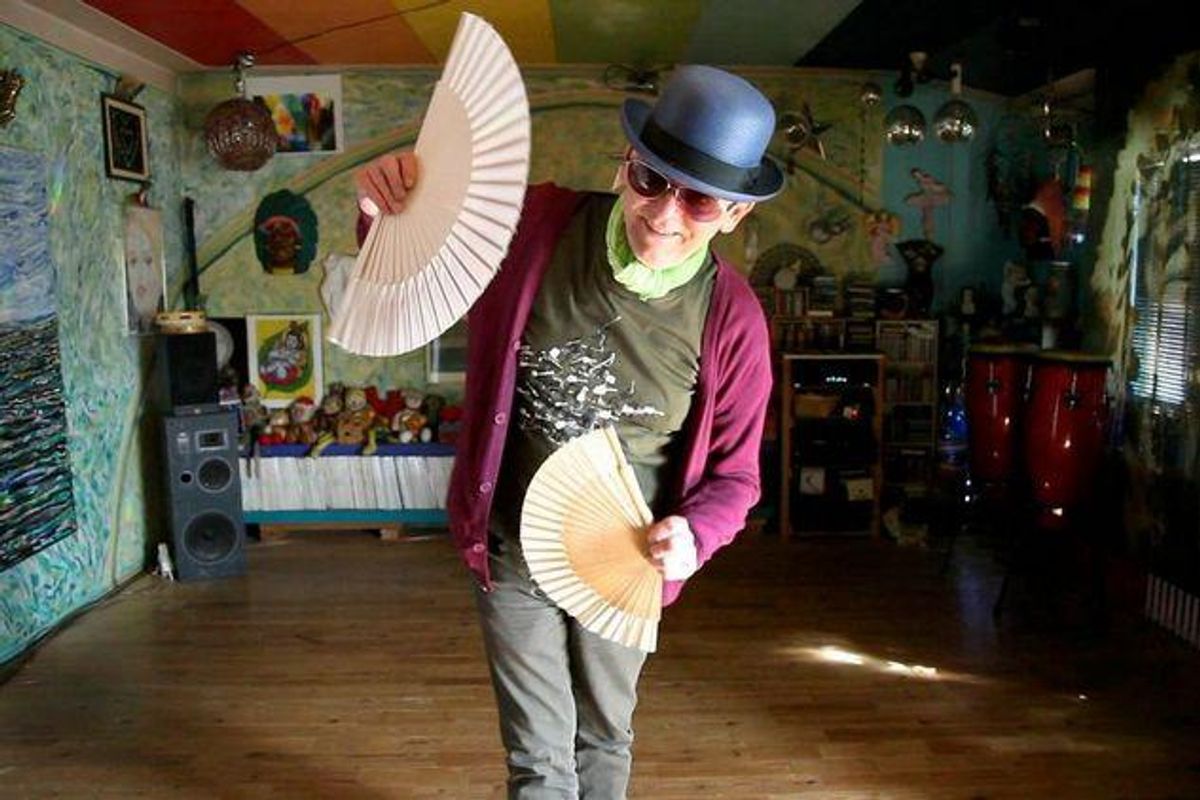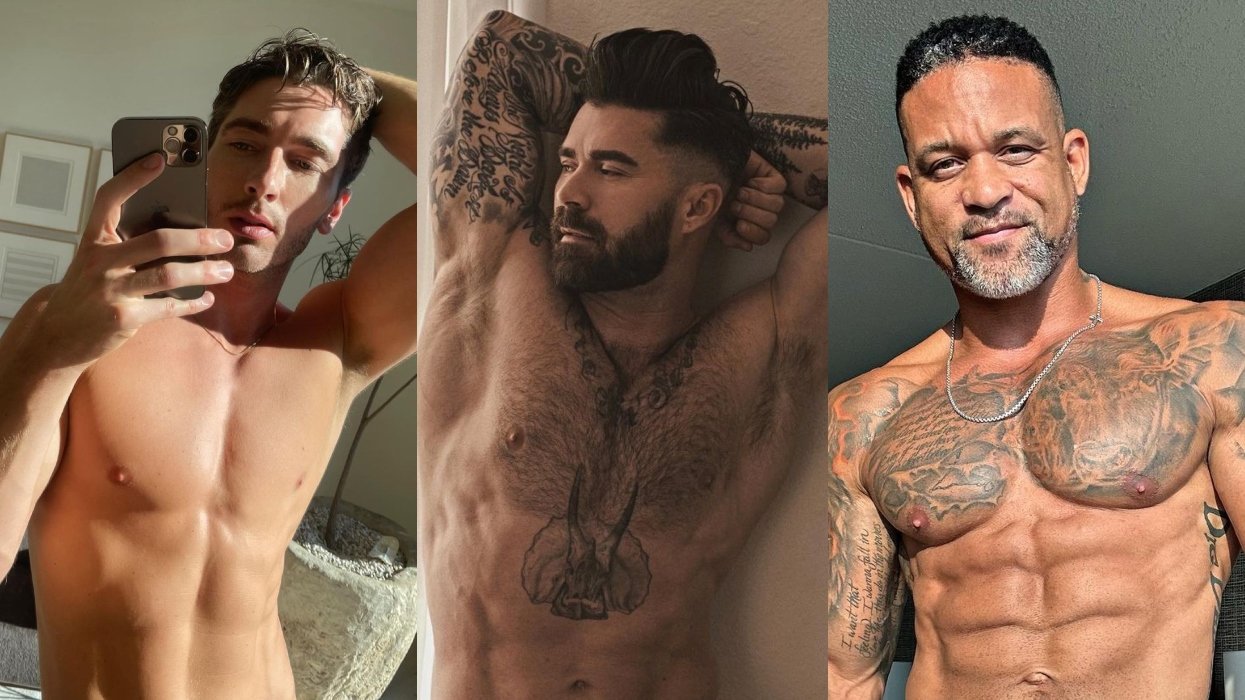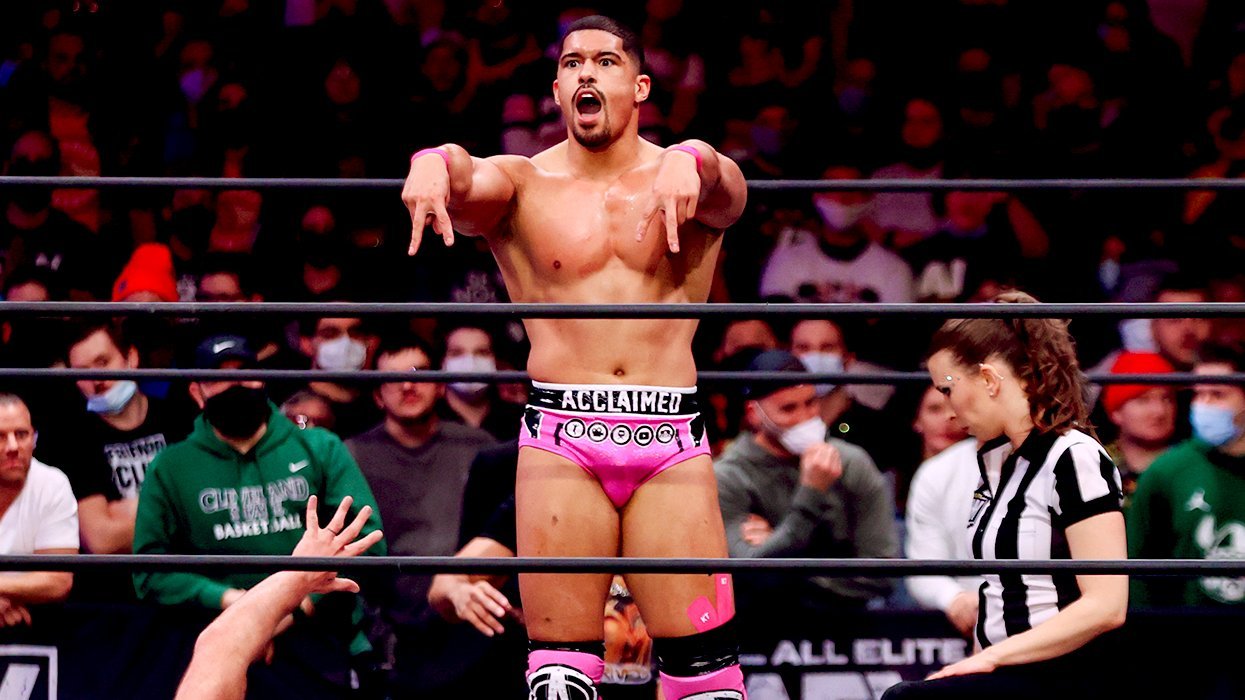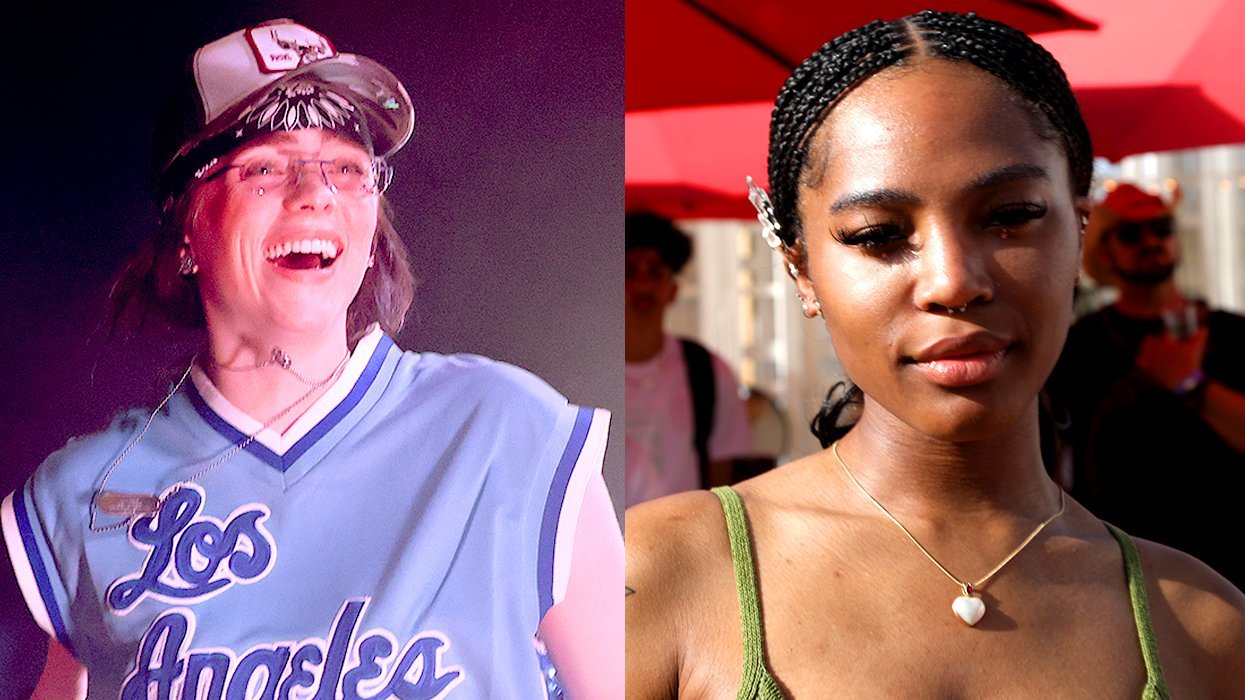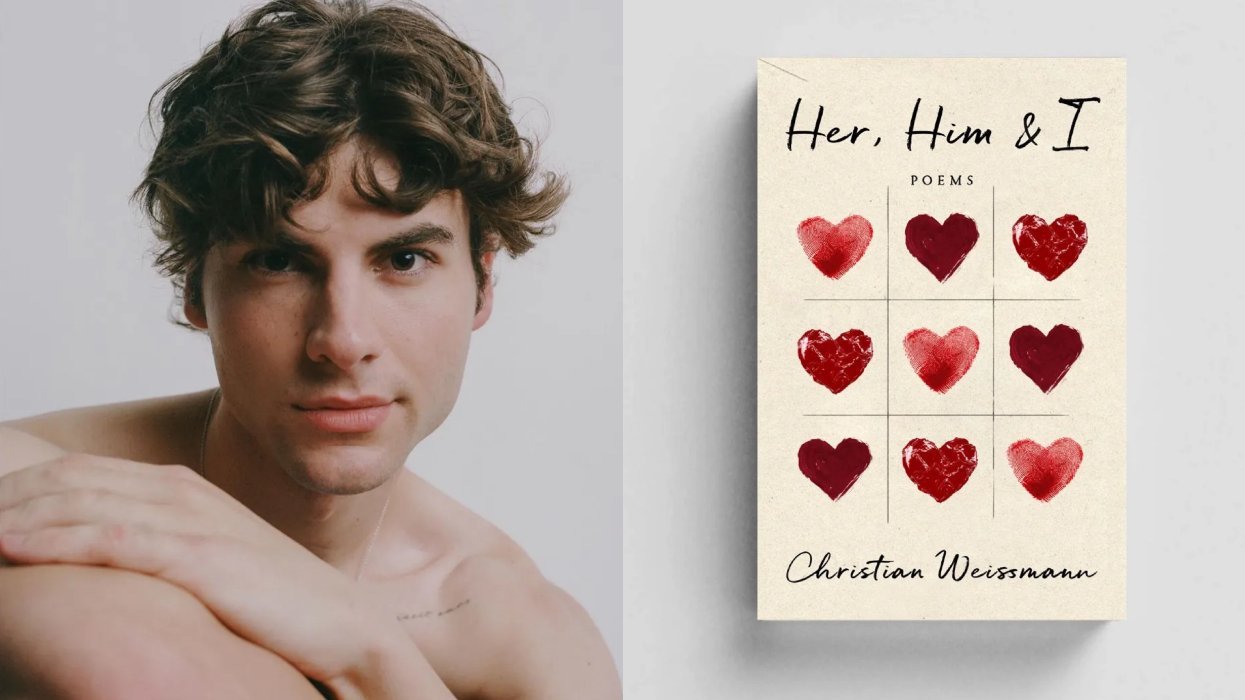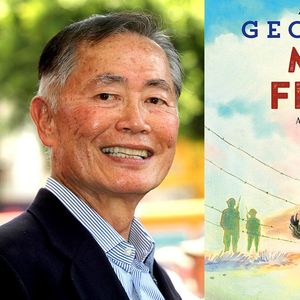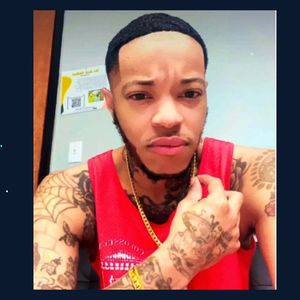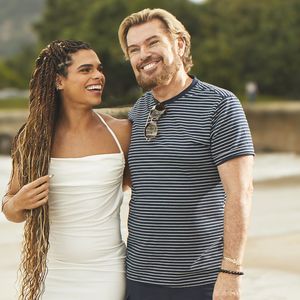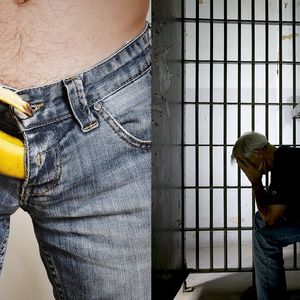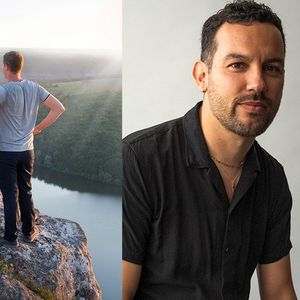In a world where most things gay are garish, loud, and proud, we often bypass stories of sexuality's subtleties and its more refined queer characters, which is what makes the story of Nonni so universally appealing. NONNI, a meditation on life, art, and sweating is a new short documentary by upcoming queer filmmaker Liss LaFleur'. It follows the famed Icelandic painter known as Nonni and explores his life since his widely publicized coming out in 1975. NONNI premieres at the 29th Annual Boston LGBT Film Festival May 8 and 9 at 7 p.m. EST.
Although most Americans wouldn't remember, Nonni was the first out gay man of Reykjavik, Iceland--the country's capital and largest city. As revolutionary as his candidness was, he fell victim to a number of adversities and abuses, which ultimately forced him to relocate to a more rural lifestyle. Even in light of Iceland's marriage equality bill in 2010, Nonni continues to live in the country. He's resided in the same home with his partner for the last 30 years.
Today, Nonni hosts weekly Native American Sweat Lodge ceremonies out of his home. They promote acceptance, renewal, peace, and strength.
We spoke with the LeFleur' about her time with Nonnni, her experience with the traditional sweat lodge ceremonies, and her hopes for the future of the film. After the Boston premiere, the film will screen at this year's Cannes Film Festival in the Short Corner or Court Metrage.
Out: Your experience in coming in contact with Nonni was very organic--you were basically just introduced by people of the village. But what is he known for as an artist? What kind of artist is he?
LeFleur': He does abstract paintings. He pulls on popular culture in Iceland to do very vibrant, colorful abstract paintings. And in the past, he did a lot of abstract portraiture, and he has also incorporated performance art into his work. I think that he was kind of expressing himself in a really free style that people didn't really have at that point. And now, I swear to you, he just paints everything and anything that he can. He stopped exhibiting once he moved to the country, and he really wants to start exhibiting again, and he really wants to change and kind of move to another part of his life and starting work again, but I think that he's really scared.
And part of the way he escapes that fear, certainly, are these sweat lodges. Could you paint a picture for us? What are they like?
The way the sweat ceremony works is there's a stone from the mountain with which they performed the first sweat ceremony in Iceland. So they pick up stones and they make a fire with the stones, and they burn for a couple of hours before people get there. Then Nonni gives you a color and readings based on your birthday birthday that tells you what your energy is and what you should focus on with the sweat. And then everybody gets a pair of sunglasses that's [the color of] what they are. And then everybody looks at the fire for about an hour and tries to take in the energy from the stones--that's the point of it. Then everybody goes outside, changes and dances for one hour in the dance room to free themselves and put themselves in another state of mind. There are six rounds to the sweat, and each round has its own chant, and the chants are Native American prayers, so it's kind of interesting because unless you've done it before, you don't know the chants. So you just kind of have to feel the energy in the room and go along with it. Obviously, it's different for every person, but the more people put into it, the more they get out of it. The sweat lodge itself is supposed to represent the womb of Mother Earth, so you're going into the womb of Mother Earth to reconnect with your spirit and then when you come out, you're supposed to be anew.
And are there recurring participants, or is it Nonni running it for new people every time?
There are new people every time. The address is not in the Yellow Pages; you have to know someone who knows someone to be able to go there because it's not, like, listed information. So, basically, people just call them a few weeks in advance, and say, "I wanna come to a sweat. I have 'this' many people that wanna come with me." Then they write down everybody's information. They keep a log, and if they have enough people--between 10 and 20 people--then they go. And sometimes they do two sweats a week, sometimes they do one sweat a week, but typically, it's all different people.
You had mentioned that immediately upon meeting Nonni that you felt a connection with him. Do you think that is because you were similarly ostracized when you came out, or do you think that it's his character that is so gravitating?
I really do. When I came out, I didn't know any gay people in my small town. He was describing the exact fate that I felt and the exact thing that I went through--feeling like people turned their back on me, or feeling like people talk about you or harm you or different things. I definitely feel like we related a lot on that level. And also just the fact that I danced ballet for 13 years [connected us]. I was really interested in him wanting to dance to express himself. I found it really interesting that he was able to get other people to dance by incorporating it into the sweat lodge ceremony.
What other lessons or messages do you hope viewers take away from your film and Nonni's story?
As a filmmaker, I really value when people take viewers on an adventure, and I feel like his story is definitely an adventure if nothing more. Okay, if you don't relate to the dancing, and you don't relate to him as a character, then you can definitely relate to it as a life cycle and to it as an adventure for that certain amount of time.
I feel like there are a lot of documentaries coming out right now where the gay community is sort of looking to the elders in the gay community for resource and guidance and to kind of see what they've been through to supply a new structure for our generation. There are documentaries that are doing that in the United States right now, but I think that it's important that we think about the fight for equality not just on our own ground but in the entire world. There are the same microcosms and the same struggles in every single country and every single town.
Watch trailer for NONNI below:
NONNI Trailer from Liss LaFleur' on Vimeo.
